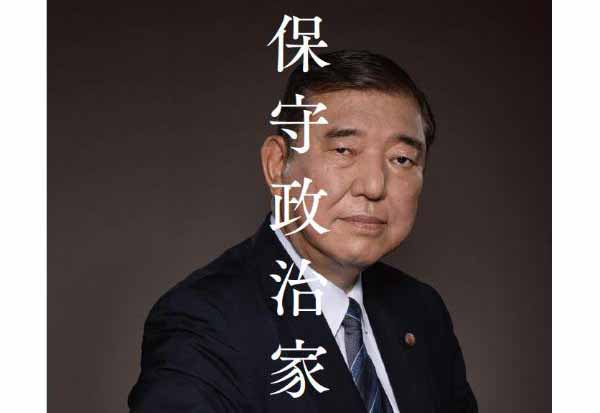
A Hasty General Election Abandoning the Black Money Issue

Shigeru Ishiba, a politician who was somewhat unpopular within the Liberal Democratic Party (LDP), became the party leader. Ishiba had previously written that he would only be chosen as party leader if the LDP found itself in dire straits. This is mentioned in his book, “Conservative Politician Shigeru Ishiba” (Kodansha).
Did members of the LDP genuinely sense such a crisis? Amid the exposure of the realities of Shinzo Abe’s long-standing administration, LDP members seemingly chose Ishiba out of a sense of urgency and opposition to Abe. This was likely driven by revelations of collusion with the Unification Church and black money scandals. The disillusionment with the reality behind Abe’s politics compelled them to elect him.
Ishiba, marginalized by Abe and seen as an outlier within the LDP, frequently voiced criticisms of Abe’s policies, often presenting what could be termed “just arguments.” He was likened to a wildflower blooming in the wilderness of the LDP. However, after his election, a newspaper described his actions as, “Flowers picked from the wild wilted when placed in a vase.” This aptly reflected Ishiba’s behavior post-election. Despite the quick decision to hold a general election while he still enjoyed some popularity, the hasty process, including the issue of endorsing black-money politicians, left much to be desired.
Ishiba Cannot Transform the Black Money Politics of Conservatives
The black money scandals and Unification Church issue expose the entrenched nature of LDP politics, driven by custom and inertia. These are deeply rooted problems, and it seems unlikely that Ishiba could find a way to resolve them. The system where LDP non-endorsed candidates could still secure positions if elected, only to later receive party endorsement and roles, perpetuates a cycle of dependency on black money. This system reinforces money as political power within LDP politics without addressing its fundamental flaws.
LDP politics has historically been rooted in a culture of “backroom dealings” involving money and patronage. Each exposure of these practices, such as in the Lockheed and Recruit scandals, led to calls for political reform, but genuine changes failed to materialize. Political financing laws were introduced, but they remained rife with loopholes, functioning as little more than a sieve. While Ishiba criticizes these practices as rule violations, the reality is that the “backroom dealings” defy rules altogether.
Critique of Abe Politics

Abe’s politics were characterized by the promotion of a state capable of waging war, through laws like the War Law and the Conspiracy Law, advancing authoritarian and nationalistic agendas. At the same time, his administration systematically undermined democratic politics by bypassing deliberation in parliament. His political methods faced heavy criticism for sidestepping meaningful discussions and implementing policies through strong-arm tactics like forced votes and cabinet decisions.
This approach starkly contradicted their rhetoric about the “rule of law.” In democratic systems, deliberation in legislative bodies is a cornerstone of governance, yet Abe’s politics hollowed out these processes. The resulting legislation, such as the shelved Nuclear-Free Law proposed by members of parliament, demonstrated their indifference to democratic discourse.
Conservatives Failing at “Freedom and Democracy”
The roots of these methods trace back to the 1960 revision of the US-Japan Security Treaty, when Abe’s grandfather, Nobusuke Kishi, rammed through approval with strong-arm tactics. Kishi distorted the legislative process into a mere numbers game, hollowing out the principle of consensus through deliberation. This became a hallmark of postwar conservative politics, and Abe boldly perpetuated this approach.

The “backroom dealings” that have underpinned LDP politics relied on financial power. Publicly, undemocratic political methods were propped up by behind-the-scenes maneuvers focused on elections. The Unification Church scandal exposed how the LDP’s ideology of “freedom and democracy” was, in reality, merely anti-communist and devoid of substantive values. In essence, the entanglement with the Unification Church revealed the superficiality of their commitment to freedom and democracy.
“Reviving Party Discussions” Pledge by Ishiba
In his writings, Ishiba criticizes Abe’s politics for stifling and excluding debate, highlighting the lack of internal party discussions that once took place within the LDP. Ishiba points to the lively discussions held in the party’s General Council, which were once robust and energetic, as the hallmark of the LDP as a modern political party.
However, these discussions coexisted with strong-arm legislative tactics. Post-war conservative politics, including factions such as the Kōchikai group, have preserved Kishi’s methods of pushing legislation through by force as a standard practice of parliamentary operation.
Can Ishiba unequivocally declare a departure from forced votes and cabinet decisions? Can he restore discussions in the LDP’s General Council? Democratic politics require the limitation of state power, free and fair elections, and consensus through deliberation—can he implement these principles? Moreover, can he replace governance based on conventions with governance through deliberation? To do so, he would need to thoroughly confront and dismantle the political methods rooted in Kishi’s legacy. Can Ishiba extend his criticism of Abe’s politics to this extent?
【What is the LDP General Council?】 It is a permanent supreme decision-making body, ranking below the Party Congress and the Joint Meeting of Party Members of Both Houses of the Diet. The council deliberates and revises bills and treaties to reflect party consensus before cabinet approval. While often characterized by intense debates, it upheld the principle of unanimity after discussion. The council also conveyed the party’s opinions to the cabinet and criticized or advised ministers. In the past, it included influential “elders,” but its significance diminished, especially under the Abe administration, as the “Prime Minister’s Office-led” governance strengthened post-Koizumi reforms. (Annotation by Sōka)
The Last Disciple of Tanaka Kakuei
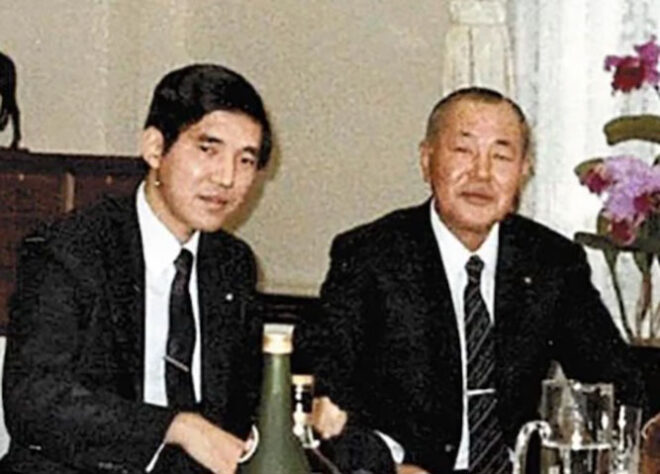
Ishiba refers to himself as the last disciple of Kakuei Tanaka, whom he describes as the epitome of a conservative-liberal politician. Tanaka was an unconventional conservative whose assessment remains complex. Ishiba draws inspiration from Tanaka’s concept of “regional revitalization,” linking it to his own policies.
However, how does Ishiba perceive the nuclear power issue? The abolition of nuclear power and regional revitalization are deeply intertwined. Transforming local societies and economies, from energy creation to consumption and production structures, demands resolving the nuclear power issue. Yet, Ishiba’s vision of regional revitalization appears disconnected from this necessity, making it seem hollow.
Calling Tanaka a liberal politician is contentious. It raises broader questions about conservatism itself, such as Tanaka’s attempts to reduce U.S. dependency, reassess the U.S.-Japan Status of Forces Agreement, his pacifist stance, his views on constitutional revision, and his critique of Abenomics. These issues warrant further examination, both through Ishiba’s writings and his actions moving forward.
Osamu Ajioka (Mikami Osamu)
*Headlines added by Bund.jp.
*Read the Original Text in Japanese

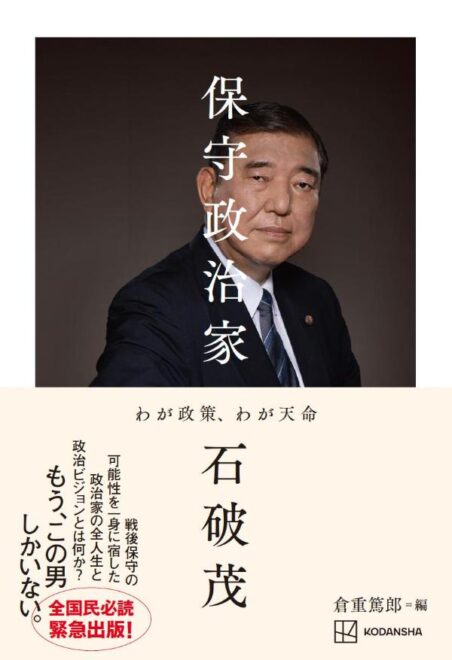

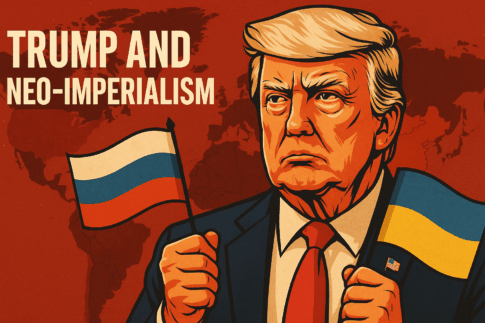
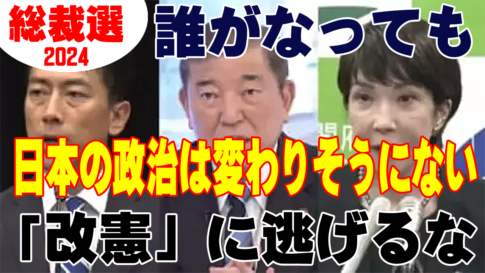
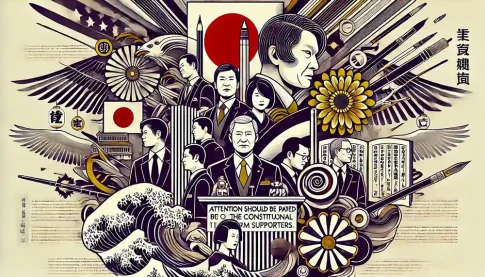


 Donations are made in Japanese yen. 300 yen is approximately 2 USD.
Donations are made in Japanese yen. 300 yen is approximately 2 USD.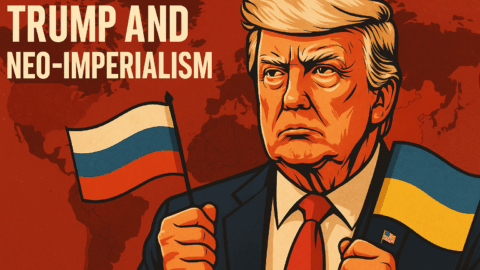

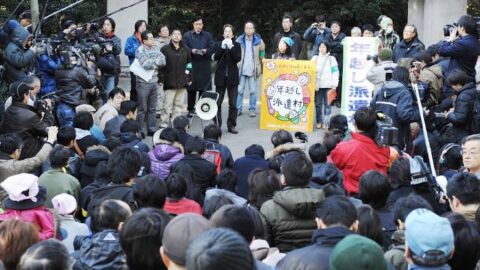



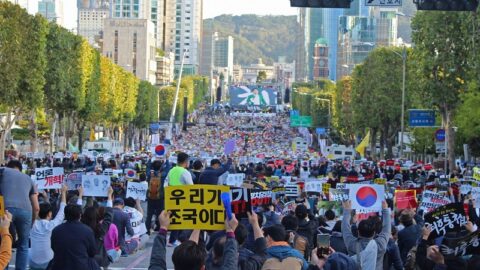






Leave a Reply